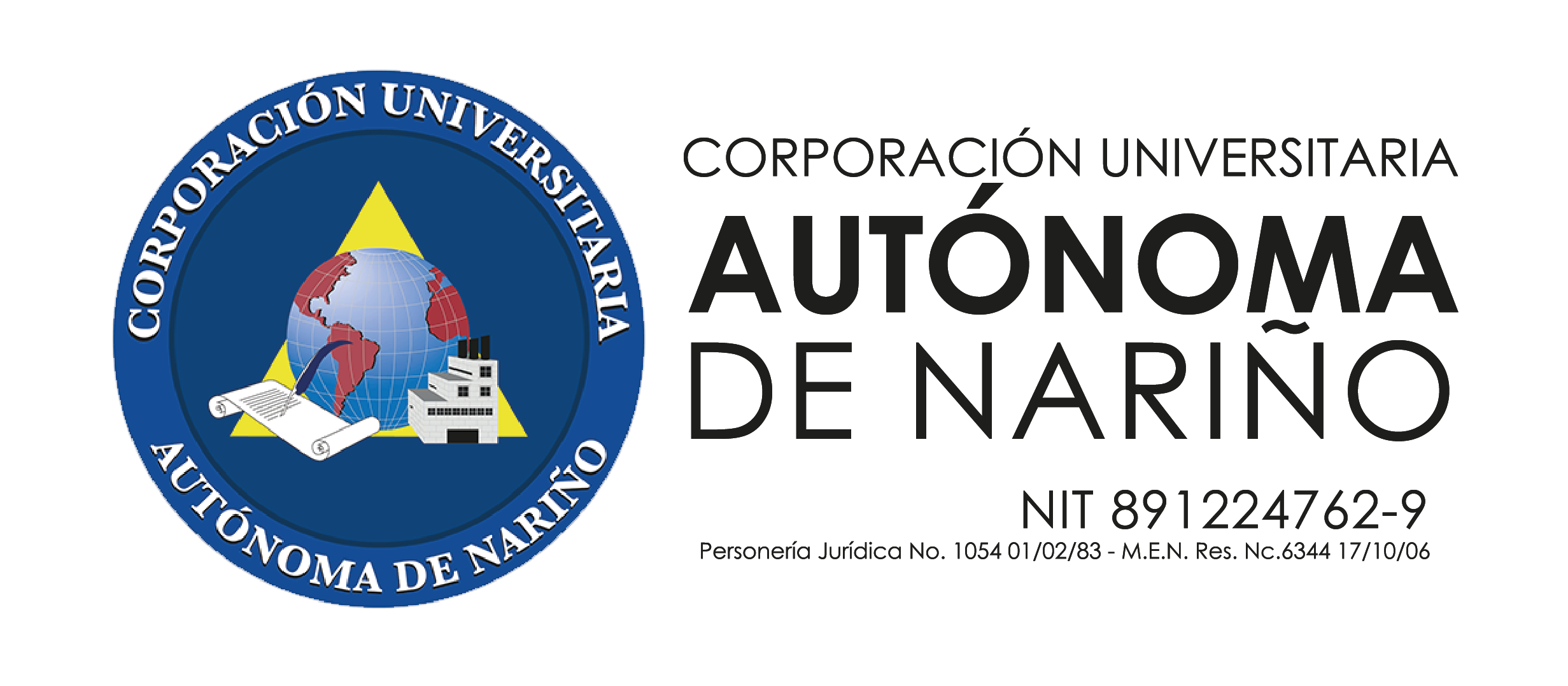Socio-cultural and socio-environmental role Cartagena's political framework
DOI:
https://doi.org/10.47666/summa.7.1.5Keywords:
Sociocultural, socio-environmental, climate change, sustainability, heritage identityAbstract
The socio-cultural and socio-environmental role in Cartagena's political framework is fundamental to understanding how public policies are developed and how they impact the community. community. It is determined:
Sociocultural Role: by, Identity and Heritage: This should be understood from the sociocultural role; by the Citizen Participation: The inclusion of the community in the of the community in political decision making is vital. This ensures that policies reflect the needs and desires of the citizens; for Education and Culture: Promoting education and cultural activities and cultural activities strengthens the social fabric and fosters a more informed and participatory citizenry. more informed and participatory citizenship.
Socio-environmental Role: Sustainability: Policies should focus on sustainable development in order to protect natural resources and ensure a viable future for resources and ensure a viable future for future generations.
Climate Change: Cartagena, being a coastal city, is vulnerable to the effects of climate change. change. Policies must include adaptation and mitigation measures to address these challenges. to address these challenges.
Ecosystem Ecosystems: The protection of marine and terrestrial ecosystems is essential to maintain biodiversity and ecosystem services that benefit the community.
Policy Framework: Inclusive Governance: A policy framework that promotes
and equity is essential to address social and economic inequalities.
Transparency and Accountability: Transparency in governance and accountability are critical to gaining the trust and confidence of the public. accountabilities are fundamental to gaining the trust of citizens.
Downloads
References
Beltrán Reales, A., & Suárez Esquivia, L. (2012). Diagnóstico ambiental de los cuerpos internos de agua de la ciudad de Cartagena de Indias.
Caracol Radio. (16 de marzo de 2019). Obtenido de https://caracol.com.co/emisora/2019/03/16/cartagena/1552744364_985290.html
Cogollo, K., Cabrales Vargas, C., & Blanco Bello, R. (2009). Reorientaciones sociales sobre la ciudad: aproximación a un estudio etnográfico en Cartagena de Indias. Palabra, 1-18.
EPA Cartagena. (diciembre de 2015). Obtenido de http://observatorio.epacartagena.gov.co/gestion-ambiental/ecosistemas/lagunas-y-cuerpos-de-agua-internos/generalidades/
Guevara, L. G. (2018). Memoria, Territorio y Participación. Centro de Investigación y Educación Popular/Programa por la Paz.
Mendoza Díaz, C., Castro Angulo, I., & Manjarrez Paba, G. (2010). Mangles de Cartagena de Indias: Patrimonio Geográfico y Fuente de Biodiversidad. Cartagena de Indias.
Plan de Desarrollo. (2016). EPA Cartagena. Obtenido de http://observatorio.epacartagena.gov.co/gestion-ambiental/generalidades-de-cartagena/aspectos-sociales/juntas-de-accion-comunal/
Serrato Mejía, M. D., Pérez Lobo, E., Andrade Hong, A. H., García Turizo, E. M., Pérez Carmona, M. B., Lans Vargas, Y., & Torres Torralvo, J. (2020). Plan de desarrollo Cartagena 2020/2023. Cartagena de Indias: Alcaldía de Cartagena de Indias.
Downloads
Published
How to Cite
Issue
Section
License
Copyright (c) 2025 SUMMA

This work is licensed under a Creative Commons Attribution-NonCommercial-NoDerivatives 4.0 International License.








